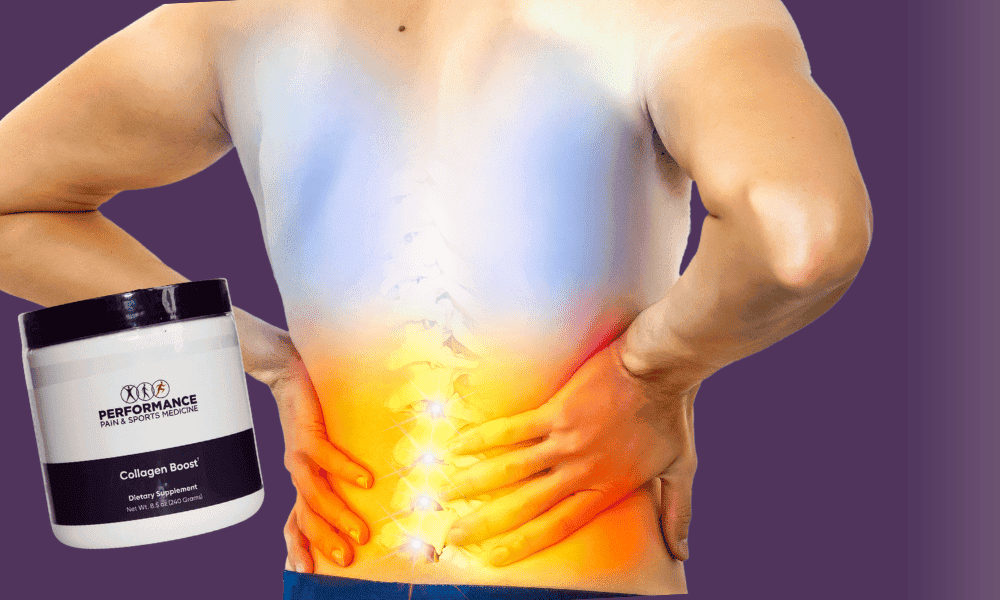With any over the counter supplement, there is sure to be various recommendations for what constitutes enough. Vitamin D is an often recommended supplement that falls under this category as well. The Institute of Medicine’s Food and Nutrition recommends 600 IU (standard for International Units) while the Endocrine society recommends 2000IU. Sometimes there is too much information in society and sometimes, not quite enough to make the right decision.
In order to set their limits, the Vitamin D Council first looked at a study that determined what the level of serum vitamin D, or what’s present in the blood, was in those living at or near the equator. From this study, they were able to determine that the people in this study were close to 46ng/ml. Then, they determined from another study that serum vitamin D levels are partially genetic but closely related to body weight as well. They presented a few goals when formulating their dose.
They wanted something that would help get most people to about 30-50ng/ml, would be easily to obtain at any drugstore or pharmacy, and would not cause toxicity. From this they determined that for a normal bodyweight adult, 5000IU/daily is sufficient at getting serum D levels to at least 40ng/ml. For those who want a bit more accurate calculation, they determined that roughly 35IU/per day/per pound of body weight was sufficient.
Vitamin D is often overlooked when it comes to blood testing, so don’t be afraid to ask your doctor. There is more evidence emerging in regards to vitamin D supplementation. The current literature sites vitamin D as immune-modulating, with anti-cancer and cardiovascular disease properties. Preliminary evidence also seems to suggest that low serum vitamin D has a link with autoimmune disease. So, when determining what you need in regards to supplementation, 5000IU seems to be a good place to start, especially with this winter thus far.

















